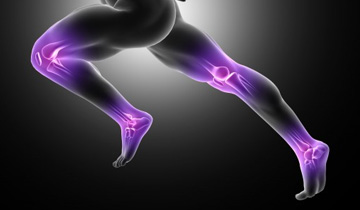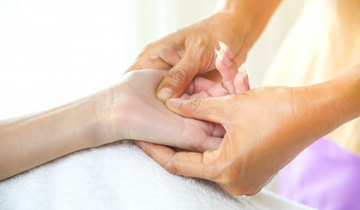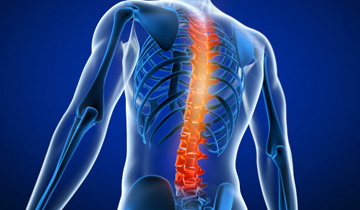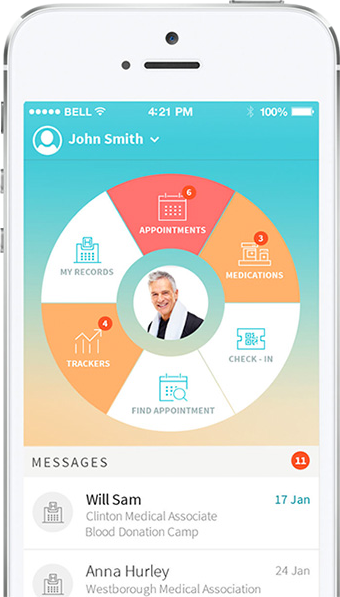Learn more about the extra precautionary measures we are taking amid COVID-19 concerns
Our Locations
Pain Treatment Services
Our Pain Treatment team is to help our patients live their healthiest lives possible by easing pain symptoms and restoring function and movement.
Meet Our Physicians

Jeffrey Hall
Doctor of Medicine
Jeffrey Hall, MD has extensive clinical experience in interventional spine care, neuromodulation, radiofrequency ablation techniques and chronic pain management of multiple disorders. Dr. Hall specializes in the diagnosis and treatment of complex chronic pain conditions and has been practicing full-time interventional pain management since 2007. He is Board Certified in Anesthesiology and Pain Medicine.
21+ Years of Excellence
Recent Health Blogs
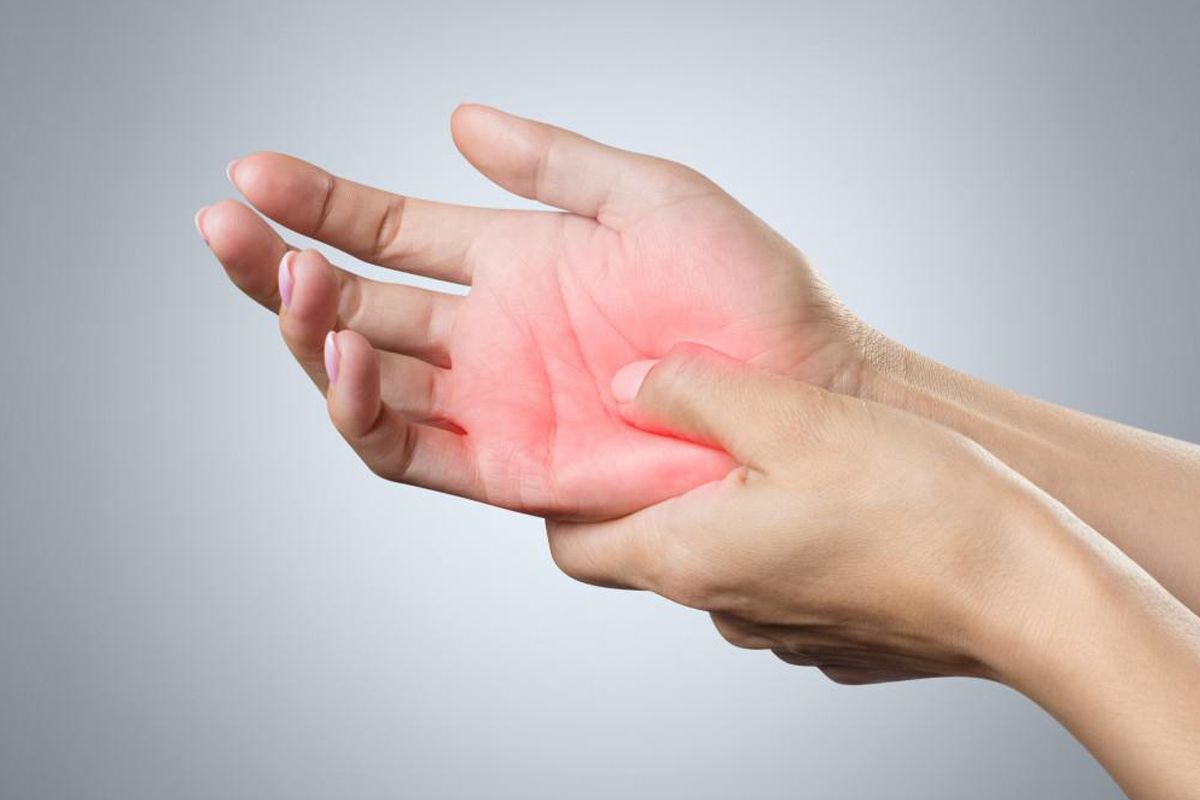
Recognizing the Early Signs of Peripheral Neuropathy
Your body contains hundreds of peripheral nerves that branch out from your central nervous system and stretch from your head to your toes.
READ MORE 


Supporting a Loved One With a Mental Illness
The good news is that you and your loved one have options available. Most mental health disorders are treatable.
READ MORE 


How to Find Mental Health Counseling
Researching how to find mental health counseling can feel intimidating if you’ve never sought out treatment before.
READ MORE 




 (731) 265-6946
(731) 265-6946  (731) 265-6947
(731) 265-6947 referrals@encorehealthgroup.com
referrals@encorehealthgroup.com


